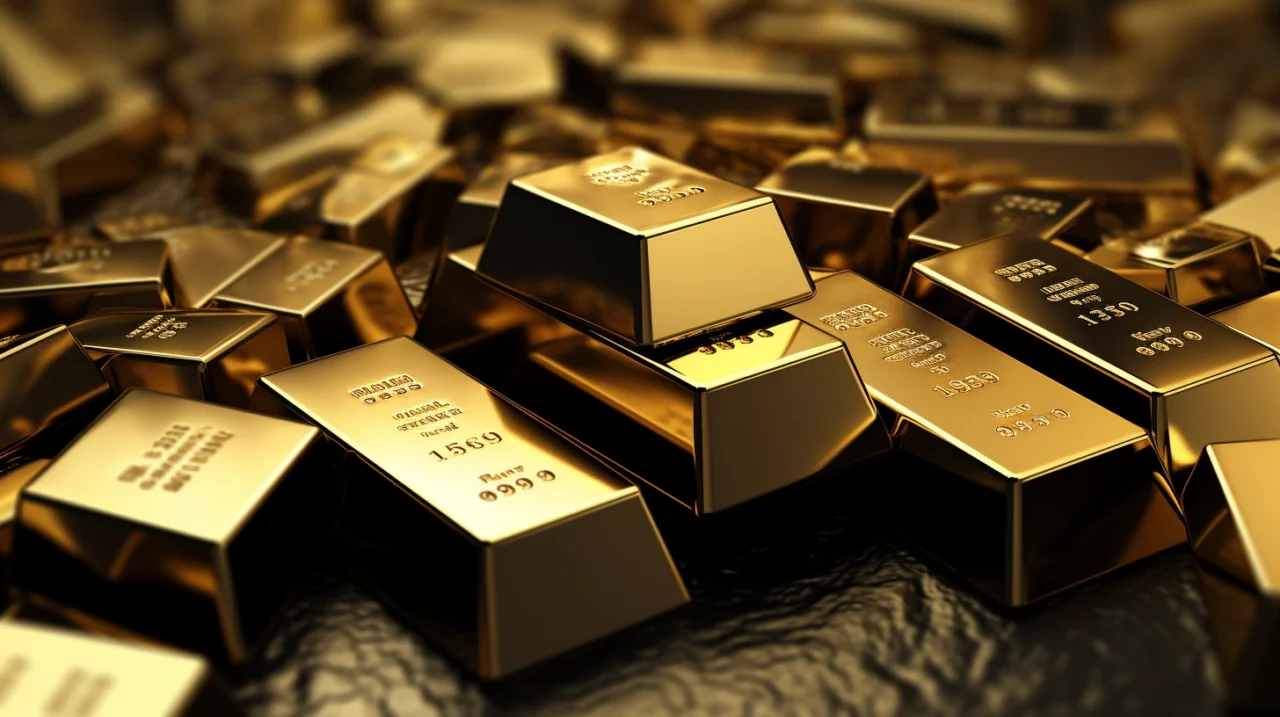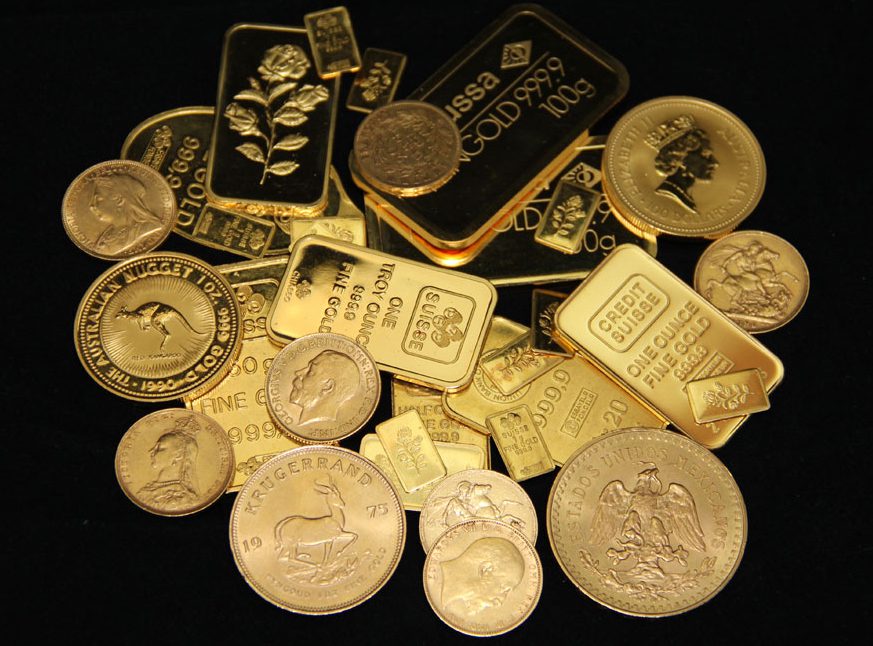Gold Investment
Gold, a timeless treasure, holds its allure as an investment, preserving wealth and providing a hedge against economic uncertainty. Its enduring value shines bright, standing as a steadfast guardian in the ever-changing financial landscape.
Invest In Gold
Investing in gold is a wise decision for individuals looking to diversify their investment portfolio and secure their wealth. Recognized globally as a valuable and reliable asset, gold remains a popular choice among investors seeking stability and long-term returns.
In the UK, gold investment has always been a preferred option. The country’s rich history in gold production and renowned institutions like the Royal Mint make investing in gold particularly advantageous for UK investors. Leveraging these historical strengths, UK investors can enjoy both the security and growth potential that gold offers.
Reasons to invest in Gold:
- Protection against inflation.
- Safe haven during economic uncertainty.
- Diversifies investment portfolios.
- Tangible asset with historical value.
- Limited supply with steady demand.
- Hedge against currency devaluation.
- Enhances portfolio performance.
- Has industrial and jewellery demand.
- No counterparty risk.

New Capital Link offers a wide range of gold investment options including Gold bonds, Bullion, Bars and coins like the Britannia, Sovereign, and Royal Mint collections.
Investment Particulars

Early entry opportunity
Join the early entry opportunity to buy a portion of the company at an exclusive price.

SIPP Approved
A self-invested personal pension is a type of pension that gives you a greater degree of freedom.

Tax Benefits
Multiple personal and company tax relief options.

Direct purchase of Pre-IPO shares
Offering pre-IPO shares with an excellent growth rate and industry-leading future prospects for long-term wealth creation.

A hedge against inflation and downturns
With this product, we have a disciplined investing plan for inflation by cultivating asset classes that outperform the market during an inflationary climate.

Creation of generational wealth
The most practical steps you can take to protect your generational wealth with a new capital link Find your best investment here.

EIX Tax Relief
this investment now qualifies under the government enterprise investment scheme.

Major upside potential from floatation
A float index reflects market trends better as it takes into consideration only those shares which are available for trading.

A shield from market volatility
Impose safeguards for a smoother ride. Sometimes it feels like the market is on a wild ride. Keep your retirement funds safe from market volatility.
An investment with our product providers are created with security and transparency in mind, offering you the confidence you need when making an investment.
Call to enquire

